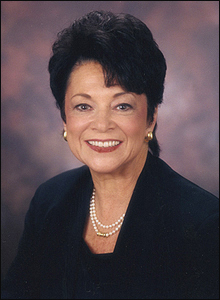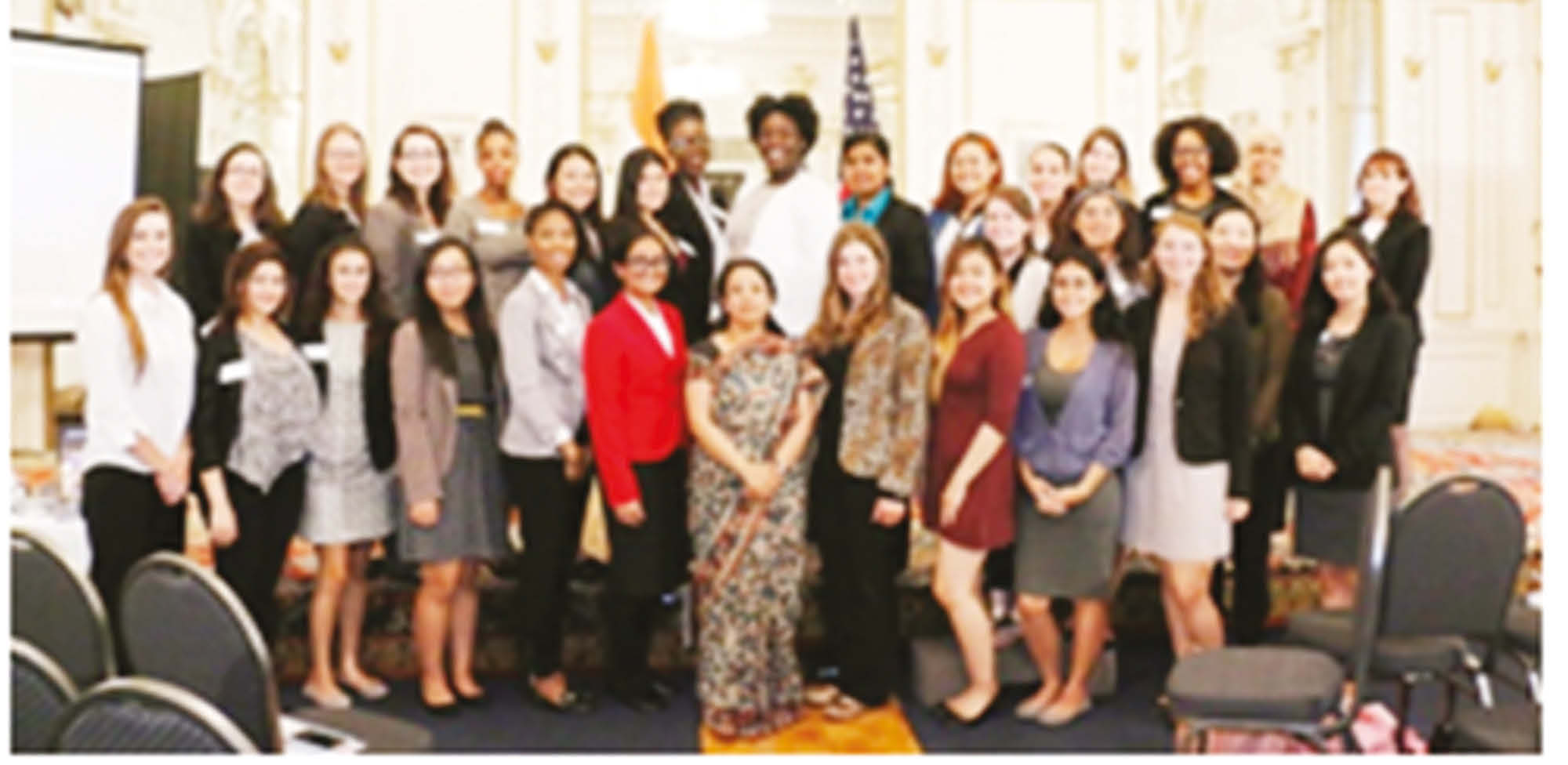So once again: How can strong independent journalism thrive when independent outlets can’t afford to pay reporters, writers or producers a living wage; or when websites ask them to post four or five items a day; or when they leave journalism school and take jobs logging algorithms at Facebook (what does that even mean?). What happens to a society fed a diet of rushed, re-purposed, thinly reported “content?” Or “branded content” that is really merchandising — propaganda — posing as journalism?
And what happens when PR turns a profit and truth goes penniless? One of my mentors told me that “News is what people want to keep hidden, everything else is publicity.” So who will be left to report on what is happening in the statehouse or at the town hall? In the backrooms of Congress, the board rooms of banks and corporations, or even the open and shameless bazaar of K Street where the mercenaries of crony capitalism uncork bottles of champagne paid for by “dark money” from oligarchs and PACs? What happens when our elections are insider-driven charades conducted for profit by professional operatives whose spending on advertising mainly enriches themselves and the cable and television stations in cahoots with them? We know the answer, we know that a shortage of substantial reporting means corruption remains hidden, candidates we know little about and even less about who is funding them and what policy outcomes they are buying. It also means even more terrifying possibilities. As Tom Stoppard writes in his play Night and Day, “People do terrible things to each other, but it’s worse in the places where everybody is kept in the dark.”
A free press, you see, doesn’t operate for free at all. Fearless journalism requires a steady stream of independent income. Allow me to speak from personal experience. After I left government in 1967 — including a stint as White House press secretary — it took me a while to get my footing back in journalism. I can assure you: I found the job of trying to tell the truth about people whose job it is to hide the truth almost as complicated and difficult as trying to hide it in the first place. Unless you’re willing to fight and re-fight the same battles until you go blue in the face, drive the people you work for nuts going over every last detail again and again to make certain you’ve got it right, and then take hit after hit accusing you of “bias,” there’s no use even trying. You have to love it, and I have. And still do.
Forty years ago my team and I produced the first documentary ever about the purchase of government favors by PACs — political action committees. For the final scene, we unfurled yard after yard of computer printouts across the Capitol grounds, listing campaign contributions to every member of Congress – including several old friends and allies with whom I had worked during my time in government. You could hear the howls all the way to kingdom come. Even members of Congress who had just recently voted to create PBS were outraged. This and other offenses by kindred journalists in public television prompted Richard Nixon and his communications director Pat Buchanan to try to shut off the oxygen.
Nevertheless, early in the Reagan years, we produced a documentary called The Secret Government. Our reporting exposed an interlocking network of official functionaries, spies, mercenaries and predators, ex-generals and profiteers working outside the legitimate institutions of government to carry out foreign follies without regard to public consent or congressional approval. We followed that one with High Crimes and Misdemeanors about the Iran-Contra scandal. Republicans accused public television of committing — horrors! — journalism. Well into the next decade they invoked both documentaries as they threatened PBS funding. When we documented illegal fundraising by Democrats in 1996 – in a documentary we called Washington’s Other Scandal because it wasn’t about sexual antics in the White House – this time it was the Clinton administration that howled.
But taking on political scandal is nothing compared to what can happen if you raise questions about corporate power in Washington. Working on a Frontline documentary about agriculture we learned that the pesticide industry was behind closed doors trying to dilute the findings of a National Academy of Sciences study on the effects of their chemicals on children. When word of our investigation got around the industry, they mounted an extensive and expensive campaign to discredit our reporting before it aired. A Washington Post TV columnist took a dig at the broadcast on the morning before it was to air that evening. He hadn’t even seen the film and later confessed to me that his source had been a top lobbyist for the chemical industry. Some public television managers were so unnerved by the blitz of misleading information about the documentary that they had not yet broadcast or even watched, that they protested its production to PBS with letters that had been prepared for them by the industry!
We spent more than a year working on another documentary called Trade Secrets which revealed how big chemical companies had deliberately withheld from workers and consumers information about toxic chemicals in their products. We weren’t peeking through the keyhole; we had the documents. We confirmed that major American companies were putting human lives at risk. We showed what the companies knew, when they knew it and what they did with what they knew — they deep-sixed it.
Our reporting portrayed pervasive corruption in the chemical industry and raised profound policy implications from living under a regulatory system designed by the industry itself. The attack on us was well-funded, deceitful and vicious. To complicate matters, the single biggest recipient of campaign contributions from the chemical industry – over 20 years in the House of Representatives — was the very member of Congress who had jurisdiction over PBS appropriations. Fortunately, we hadn’t used any public funds to produce the documentary, the leadership of PBS again held firm, our report aired — and won an Emmy for investigative journalism.
But remember: I had an independent stream of income – from a handful of foundations that believe democracy needs journalism, and from my sole corporate sponsor of almost 30 years, Mutual of America Life Insurance Company.
Before Mutual, I had lost three corporate funders because of broadcasts that offended their CEOs, directors, customers or their cronies in high office. Now, I can tell you that losing your underwriter can send an independent producer to the showers, end your career and — more deadly — unconsciously distort your intuition about what is permissible the next time you think about producing another documentary. Self-censorship is all the more insidious when you don’t recognize that you have been infected. But Mutual of America had my back. Not once in almost three decades of reporting from the intersection where corporate influence touches political power did I have a single complaint from anyone at the company, even when I knew they were getting an earful from others. Consider yourself blessed if you are backed by capitalists with courage.





276215 142830Currently it seems like BlogEngine will be the greatest blogging platform out there proper now. (from what Ive read) Is that what you are making use of on your blog? 387285